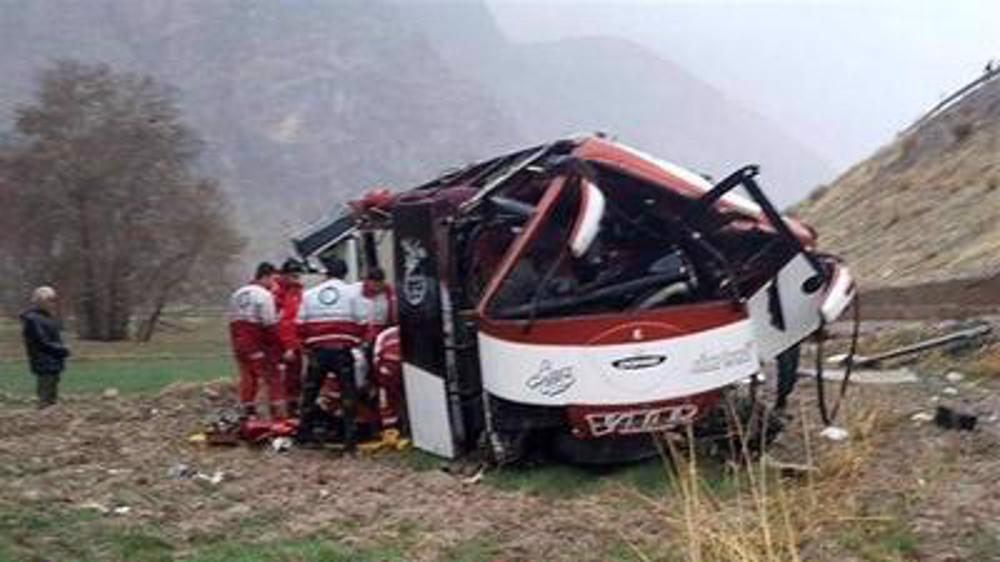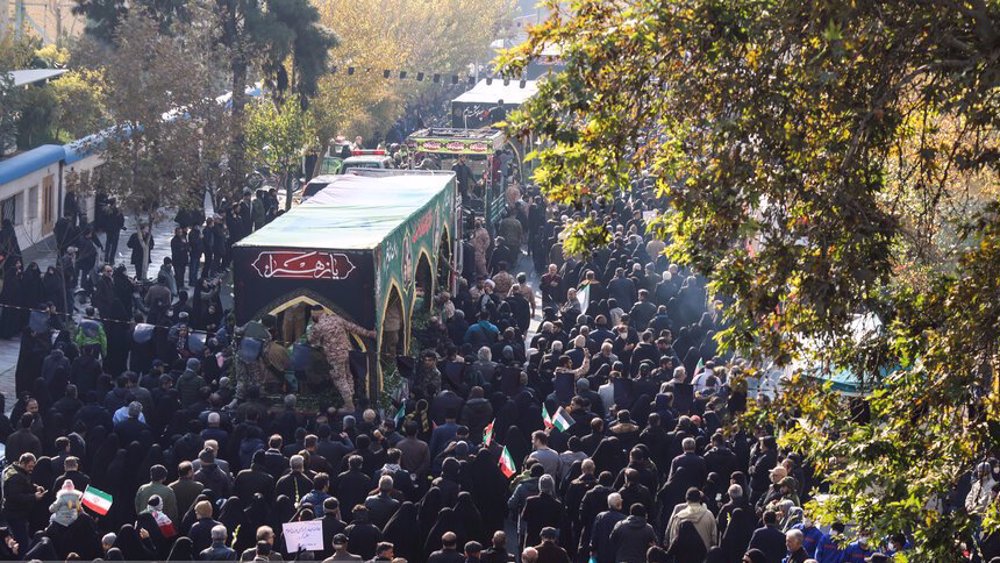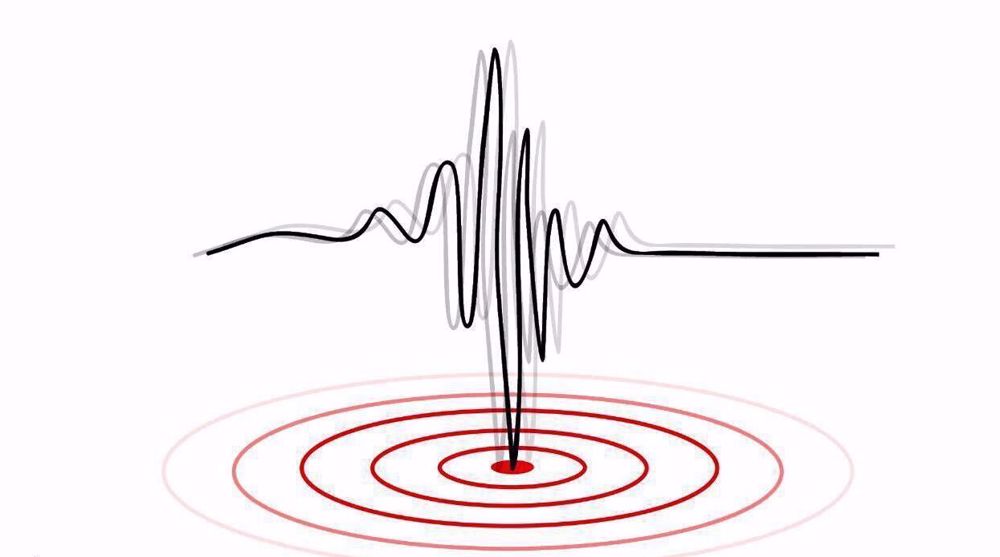And the World Silently Watches
By Bita Ghaffari
As much as has been said and written about the global refugee crisis, there is always more to add. There is need to raise more awareness of this unheralded phenomenon, with the hope that the effort might help press the action button in some corner of the world. The situation is getting out of control and each country is blaming others for the status quo. Little is being done to address this global affliction, and the measures adopted are either scarce and inadequate, or disproportionate to the situation at hand.
The Scale of the Problem
The United Nations Refugee Agency, UNHCR, says 24 people were forced to flee their homes every minute in 2015, with the total number of displaced people hitting a record 65.3 million. Over 40 million of them were on the move within their own countries, while more than 21 million were refugees.
As per the 1951 Convention on the Status of Refugees, a refugee is someone who risks being persecuted in their country of origin for reasons of race, religion, nationality, membership of a particular social group, or political opinion. All contracting states are obliged to provide protection to refugees. As a complement to the Convention, the European Union has introduced “Subsidiary Protection” covering persons who face the risk of indiscriminate violence in armed conflicts.
It goes without saying that the refugee influx is largely driven by wars ending which will help the displaced populations resettle in their own countries. But while governments are at it – assuming that they are truly seeking to resolve the conflicts and not triggering new ones in the process – should millions of at-risk people be abandoned or pushed back to places where they are subject to danger?
Facts and figures have been given, and the dimensions of the problem delineated. Still pragmatic solutions remain elusive.

Refugees Shut Out
Foot-dragging is what characterizes the policy of most governments, each waiting for neighboring states to take the first step. So far, most of what has been done has been directed towards keeping refugees back, rather than admitting and resettling them.
Slamming their doors on refugee populations has turned out to be the modus operandi of most governments. With the winter already knocking on the door, millions of vulnerable people are living in dismal conditions, forsaken by an unsympathetic world.
Still, none of the draconian methods adopted by governments seem to be deterring distressed populations. The refugee outflow will not stop. Torn between staying in their motherland and living a merciless life dictated by war, persecution, famine and poverty, or setting off on a perilous journey towards an unknown future, many opt for the latter. Closing one border will only result in people amassing at another frontier pushing to get through.
Political Division
The world is witnessing summit after summit about the crisis, most of which end inconclusively. Meantime, the number of refugees is increasing, signifying the failure of diplomatic efforts to sort out the problem. Europe remains deeply divided over how to treat the refugees, with Eastern leaders raising vocal objections to new arrivals and Western leaders all for the enforcement of conventions.
Chancellor Angela Merkel has received both criticism and commendation for initially opening Germany's borders to the influx. Germany admitted about 900,000 refugees last year. But Merkel's policy has come with a heavy political cost.
Europe's most powerful woman saw the tide turned against her in recent regional elections, resulting in consecutive failures for Christian Democrats. Her popularity rate also significantly dropped, to the point of overshadowing her fourth term as the German Chancellor.
Politics across Europe has been polarized over how to tackle the problem with far-right anti-refugee parties becoming more vocal in countries like Sweden and Hungary.
The Brexit campaign was also partly prompted by opposition to the refugee influx. The problem has been viewed by many as being potentially capable of shaking the foundations of the European Union.
Where Have All the Rich States Gone?
The world is facing the greatest refugee crisis since World War II. And there is widespread agreement that wealthy countries are not sharing the burden. Most of them are states which have been directly and indirectly contributing to war and conflict across the Middle East and North Africa. Apart from the US and the European states, the list also includes their regional partners.
International media have for the past year been giving extensive coverage to Europe's nightmare of more than one million refugees pushing through its borders. Nevertheless, not enough has been said about developing countries, which have been taking in the bulk of refugees – a staggering 86 percent.
Amnesty International says 10 countries are sheltering more than half of the world's refugees and they are among the low- and middle-income nations. Jordan, Turkey, Pakistan, Lebanon, Iran, Ethiopia, Kenya, Uganda, the Democratic Republic of Congo and Chad are hosting more refugees than the rest of the world combined.
Some of the "richer" countries instead take to boasting about their charitable givings.
But in the absence of a mechanism to ensure transparency and accountability for state donations, little is known about how much each donor pledges and when and how these commitments are fulfilled.
Back in February, London hosted the 'Supporting Syria and the Region' summit. Reports said last month that only one sixth of the much-hyped $10 billion pledged (about $6 billion of it for 2016) had materialized.
A donors conference hosted by US President Barrack Obama in September raised a total of $4.5 billion. The summit promised education for one million refugee children. But UNHCR says 3.7 million refugee children are out of school. Assuming that all the funding pledges made will be committed, the need is obviously much greater than is being addressed. Add to that these children’s need for nutrition, healthcare and protection against abuse and violence, and you'll arrive at the conclusion that the world is decades behind in efforts to resolve the crisis.

Solutions and Failures
Without doubt, the world has failed the refugees. One thing is for sure. This massive humanitarian burden needs to be shared. And things will not change as long as countries evade their responsibility. Rights organizations and governments have put forth solutions for the problem.
The New York Summit for Refugees and Migrants held last month has been largely viewed as a failure. The summit was more about tightening border control and keeping refugees off Europe's doorstep than about proposing mechanisms to offer them protection. The New York Declaration has been criticized by human rights advocates and bodies, for allowing child detentions under certain circumstances, and for stating that vulnerable migrants may need “assistance” but not “protection.” However, based on the principle of non-refoulement in the Refugee Convention, governments are banned from expelling or returning people to the frontiers of territories where their life or freedom would be threatened.
Likewise, the EU naval mission to train the Libyan coastguard and to fight people smuggling off the coast of Libya has proven a failure, with the result being that smugglers have adopted new tactics and more people have lost their lives at sea. Rather than militarily confronting the boats, human smugglers need to be tracked down before they send out refugees on dangerous sea voyages.
The EU refugee quota plan to resettle 160,000 people across the bloc has already fallen to pieces. Countries in Eastern Europe, including the Czech Republic, Hungary, Romania, and Slovakia initially rejected the plan. Others have been reluctant to take in refugees.
Hungary, the flag-bearer in opposing refugee arrivals, has erected a razor-wire fence along its southern border to block crowds heading towards Northern and Western Europe from Serbia and Croatia. It is now planning a second stronger fence as well as a larger border guard force.
The EU has been promising Turkey billions of dollars in aid and visa-free travel for its nationals, in exchange for its function as the regional gendarme stopping refugees from traveling towards Europe through the Balkans.
Austria has toughened controls at the border with Italy, and passed a law authorizing the government to turn away refugees if their numbers pose a risk to national security.
The Netherlands, a country with a tough refugee policy, has seen the rise of the ultra-conservative anti-immigration far-rights.
Switzerland has closed its borders to refugees and sought to deport asylum seekers to their first transit country in Europe.
Refugees have been caught in the crossfire of an endless diplomatic battle. European countries are bickering over who should host the refugees. Britain has called for the enforcement of the controversial Dublin Regulation: A law which stipulates that asylum seekers have to stay or be sent back to the first country they arrived. Such an approach would block refugees traveling onwards from Greece, Italy and France to Britain.
Greece is already buckling under the pressure of crowds trapped there since March. Removals to Greece were suspended in 2011 over the mistreatment of asylum seekers, but leaders have started calling for the revival of the procedure, under the apparently justifiable guise of legality. Amnesty International says it will take the European countries 18 years only to relocate the over 66,000 refugees in Greece across the EU, should they proceed at the current rate.
France is planning to clear the notorious camp ‘Jungle’ by the yearend and relocate the refugees to other centers. This has drawn warnings from rights organizations and UNICEF about the fate of 1,000 unaccompanied children who might be targeted by traffickers and corrupt rings. Many of these children have family members living in neighboring Britain. Last time, the camp was partially cleared, hundreds of children disappeared and were never heard of again. Whereas under the Refugee Convention, signatories have undertaken to ensure the unity of the refugee's family and to offer protection to minors, and unaccompanied children.
Italy, another country of first entry, has been overwhelmed by massive boat arrivals, adding up to 420,000 people since the start of 2014. Refugee reception centers in Italy are notorious for overcrowding, lack of healthcare and poor hygiene. Most refugees prefer to leave for Germany, France and the UK.
Australia - shamed in the eyes of the international community by the scale of abuse and inhumane treatment at its refugee detention camps in Papua New Guinea and Nauru -has done its share by sending gunboats to turn back refugee boats and encouraging the EU to follow its lead.
Europe is in need of a strong leadership that can encourage cooperation across the continent and work out a harmonized system under which people are allowed to claim refugee protection, feeling assured of a fair processing mechanism.
Also, safe corridors are needed for refugees to pass through. Issuing visas and resettling those at risk in safe countries will prevent them from choosing dangerous alternatives.

Human Life Is Sacred
Human mobility is the side effect of phenomena such as war, famine, unemployment, lack of opportunity, instability, drug-related gang violence, and economic crisis. As long as these phenomena continue to exist, forced migration won't go away.
Millions are running for their lives, and ironically, to do so, they are forced to lay their lives on the line.
Refugees embark on long journeys through land and sea. Those who are lucky enough end up in overcrowded ramshackle camps in Turkey, Greece or France – not the Utopia most envisioned. In the meantime, many become the victims of violence and sexual abuse. In many of these camps, there is not enough food to eat, and necessities such as hygiene, healthcare and education are considered a luxury rather than a basic right.
For many others, it is not just their dignity and their rights that are at stake, rather their most valued possession: Life. The Mediterranean and Aegean seas have turned into the last stations on this journey for thousands of people. This year alone, more than 3,200 people have drowned while crossing the Mediterranean from Libya to Italy.
Across the world, 5,700 refugees have died or went missing on irregular routes since September 2015. People in North Africa have to cross the Sahara to get to the Mediterranean coast. And that is a potentially deadly passage.
Oxfam says one person has died almost every 80 minutes since the start of 2016.
Analysts at the International Organization for Migration believe that the actual number of deaths is twice as high because of underreporting. They estimate that refugee fatalities will top 10,000 this year
These figures speak for themselves. The current worldwide approach meant to deter refugee arrivals is a broken mechanism and it has only resulted in thousands of preventable deaths. Search and rescue operations need to be boosted in these waters to prevent more fatalities.
Refugees have also been the target of hate attacks ranging from physical violence, attempted murder, arson and property damage throughout Europe. This is a disgrace. Vulnerable refugees need protection against far-right currents gaining ground across Europe.
The Need to Imbibe Empathy
Perhaps the key to the global refugee issue lies in the words of wisdom by Sa'adi, the Persian poet and philosopher of the 13th century. The same words that have been used to adorn the entrance to the UN Hall of Nations:
Human beings are members of a whole,
In creation of one essence and soul.
If one member is afflicted with pain,
Other members uneasy will remain.
If you have no sympathy for human pain,
The name of human you cannot retain.
The world owes much more than it pays with regard to the refugees. Time is running out for millions of people and the morally bankrupt international community is silently watching. Every sun that sets in the absence of a tangible action plan shatters the hopes of millions awaiting protection, food, education, healthcare and other basic rights. That goes against the essence of humanity.
VIDEO | Yemeni forces repel US-British attack, down F-18 Jet
Iran’s capabilities vast; enemy’s ‘maximum pressure’ policies all failed miserably: Senior official
Iran’s economy grew 2.7% y/y in Sep quarter: CBI
VIDEO | Freelancers in Gaza strive to stay online amid genocide
Mikati demands Israel's withdrawal from south Lebanon
Yemeni army strikes Israeli military sites with drones
‘Clock ticking’: UNRWA slams unjustifiable killing of children in Gaza
BP to be sued in Britain for supplying oil to Israel










 This makes it easy to access the Press TV website
This makes it easy to access the Press TV website